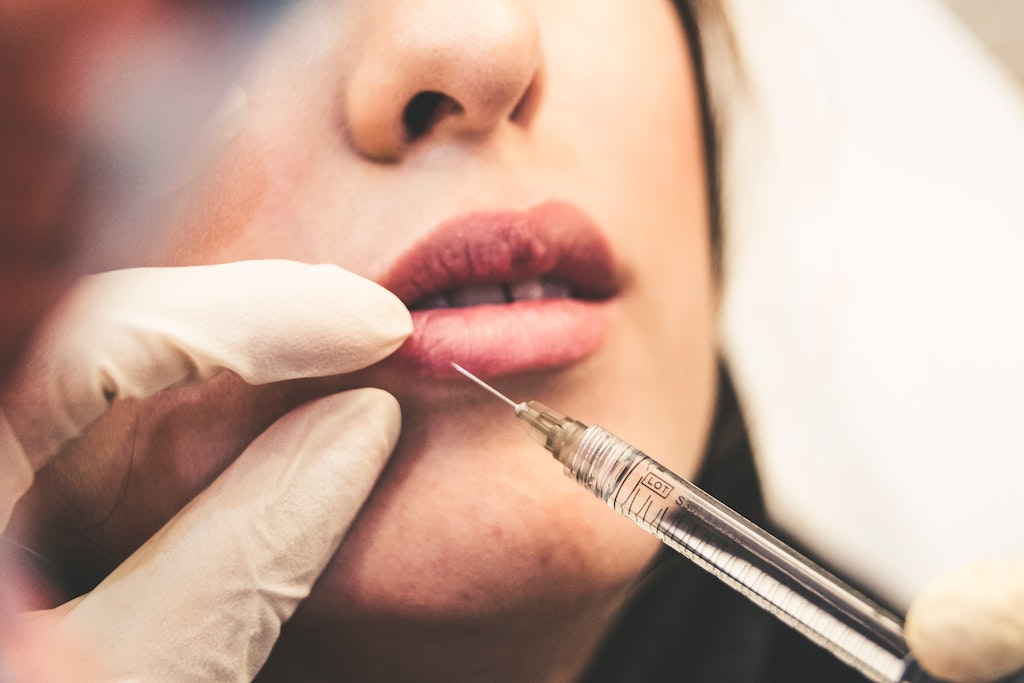Facial Fillers and Botox
Last updated: December 9th, 2025

What are Facial fillers and Botox?
Facial fillers and Botox are both cosmetic treatments. However they work in a very different way from one another. Botox is a brand name of what are known as neurotoxins or neuromodulators. It works on specific types of wrinkles that are caused by muscle movement. Facial fillers, on the other hand, add volume and increase the appearance of fullness.
Botox
Botox uses a special type of botulinum toxin. It is derived from bacteria and purified before use. It works by blocking muscle nerve signals so that the muscle becomes frozen on a temporary basis. Due to the small amounts used, Botox is considered safe.
Facial fillers
Facial fillers are also known as derma fillers. They can use different substances such as calcium hydroxylapatite and hyaluronic acid. The substance is injected underneath the skin to:
- fill in wrinkles and shallow areas
- plump lips, and
- remove shadows
The type of filler used may vary according to the treatment that is being sought, amongst other factors.
Why do facial fillers or Botox?
Facial fillers and Botox are both cosmetic procedures. These means they are done to enhance facial aesthetics. In most cases, they are used to counteract signs of ageing and can provide a more youthful look.
They can also be used to address other cosmetic issues. As advised by a qualified healthcare professional.
When should you do facial fillers or Botox?
Neither facial fillers nor Botox are permanent treatments and need to be repeated every so often.
The duration will depend on you and the treatment. In general, Botox needs to be re-administered every 3 or 4 months. Facial fillers can last between 6 months to 2 years.
Both facial fillers, as well as Botox, are considered to be safe procedures. This however does not mean there aren’t any possible side-effects or contraindications. You need to take these into account.
Facial fillers and Botox procedure
Both facial fillers and Botox are administered through an injection. The amount used will depend on the corrections that need to be made.
Prices vary according to the type of injection used.
Typically there is no need for anaesthetic. But you may be given topic anaesthesia to avoid discomfort; though this tends to be minimal.